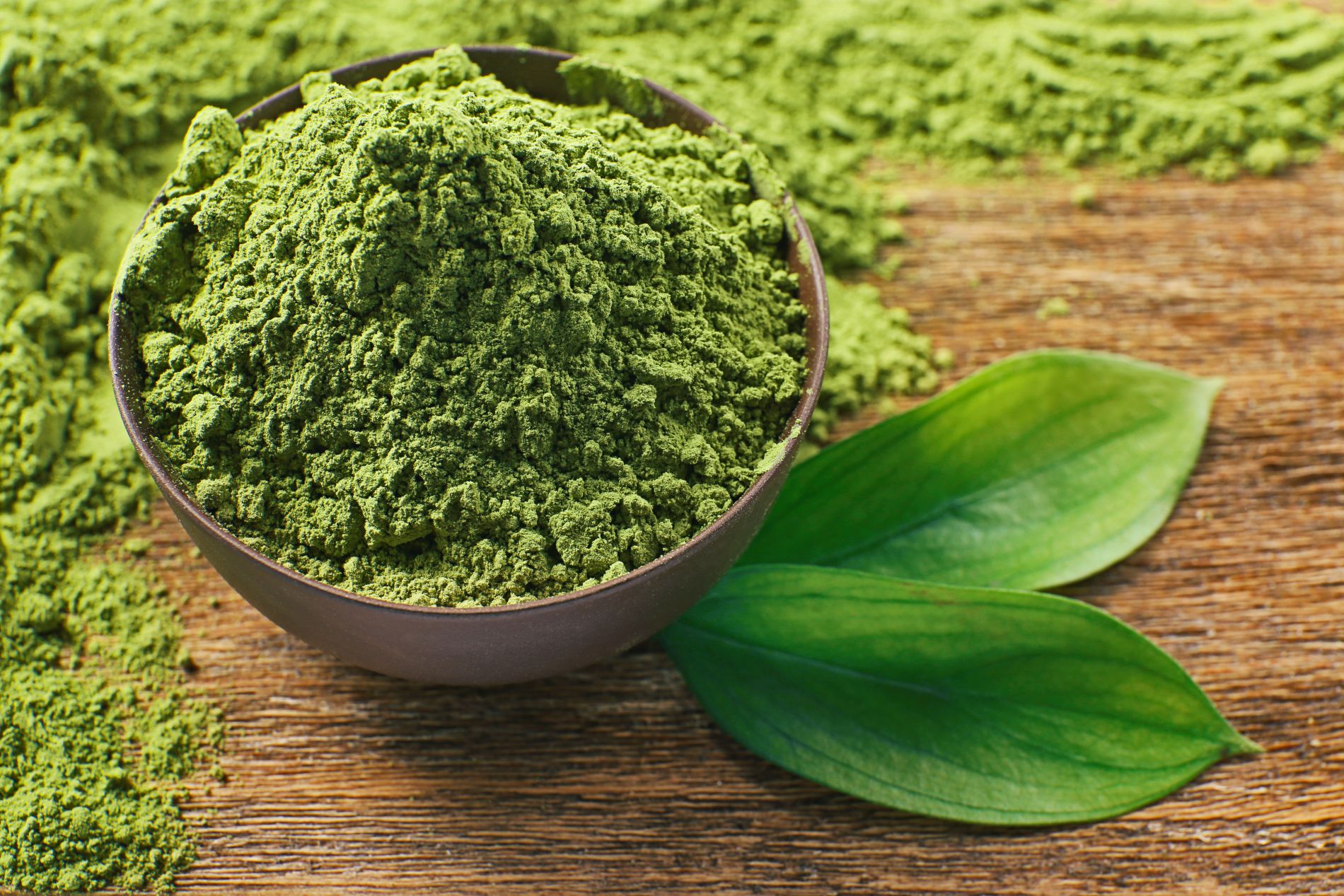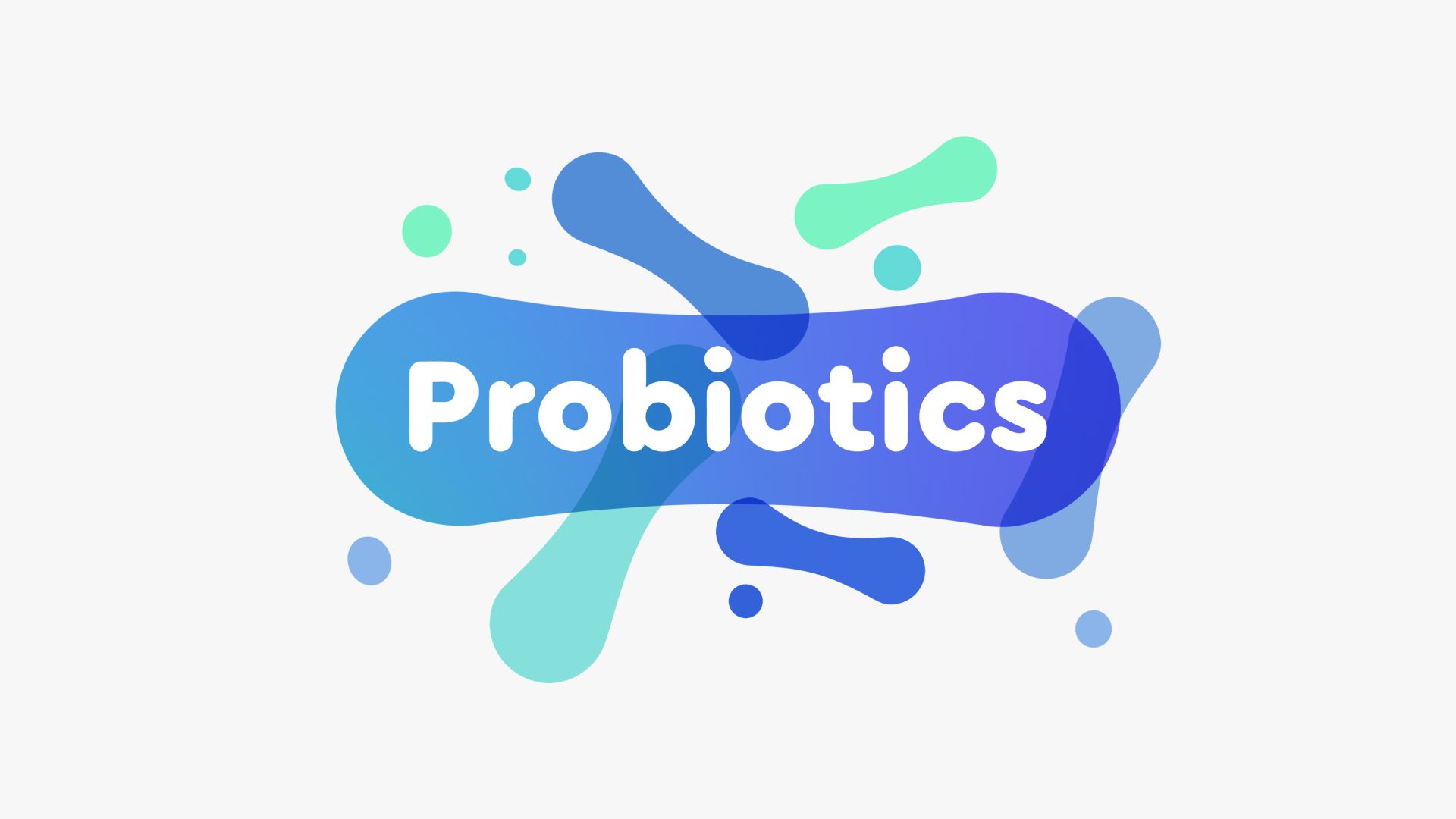Theacrine - an energizing alkaloid alternative to caffeine

While caffeine is an amazing creation of nature, not everyone likes it. Some people are bothered by shaky hands after caffeine, an increase in heart rate and blood pressure, or just plain weakened performance after a long period of time. Theacrine appears to be a substance that replicates the benefits of caffeine, but is free of its drawbacks.
- What is theacrine?
- Theacrine vs caffeine - what are the differences?
- Properties of theacrine
- Application to mental work and learning
- Mood improvement?
- What else can theacrine offer?
- Store for theacrine
- Summary
What is theacrine?
Theacrine(theacrine) is a purine alkaloid that naturally occurs mainly in Kucha(Camellia assamica) tea. It is not the same as the traditional tea we know, but a special type of tea grown in Jinping County, Yunnan Province, traditionally used for medicinal purposes and as a daily beverage. Smaller amounts of theacrine are also noted in Cupuacu(Theobroma grandiflorum) fruit, and trace amounts are also found in some varieties of coffee.
Chemically, theacrine is very closely related to caffeine - in Kucha tea leaves it is from caffeine that theacrine is formed, in a 3-step metabolic pathway - hydration, oxidation and methylation. As a result, the two substances have a very similar structure.
Theacrine vs caffeine - what are the differences?
Although caffeine, let alone coffee, can provide quite a few health benefits, it is not uncommon for long-term caffeine use to cause a number of side effects, such as excessive anxiety, sleep disturbances and increased blood pressure. In addition, caffeine can cause physiological withdrawal symptoms, which occur in ordinary consumers who abruptly stop consuming caffeine after long and regular use. Theacrine is supposed to be the solution to all these caffeine problems, delivering only the effects that are desired.
According to reports from the literature and practical accounts from users, the effects of teacrine and caffeine can be compared as follows:
| Caffeine | Theacrine |
| Acts quickly | The effect is slightly longer |
| Develops tolerance over time and causes withdrawal symptoms | Does not build tolerance |
| In susceptible individuals, may accelerate heart rate and raise blood pressure | Does not cause cardiovascular side effects |
| Stimulates the nervous system | In a low dose it can sedate, while in a higher dose it stimulates |
| May exacerbate anxiety and restlessness | Has a good effect on mood |
A comparison of the sources of the two alkaloids is similar. Camellia assamica (a source of theacrine), popular in China, is said to have a better effect on mood and fewer side effects than Camellia sinensis (a source of caffeine), the traditional tea we know from our homes.
Properties of theacrine
Theacrine easily crosses the blood-brain barrier, allowing it to affect the central nervous system. The big distinction from caffeine is that theacrine should work the same way all the time. By design, sensitivity to it does not decrease, as was noted in an 8-week clinical study, among other things. For those 8 weeks, a daily dose of placebo, 200 mg of teacrine or 300 mg of teacrine was used. The effects were checked on the basis of blood pressure, heart rate and blood test parameters, as well as assessments of energy levels, focus, concentration, anxiety, motivation to exercise and the POMS(The Profile of Mood States) questionnaire filled out before the daily dose, to assess the extent of any habituation to the effects of teacrine or decrease in sensitivity to its effects. In the results, the researchers conclude that there were no signs of habituation, as baseline values of energy, focus, concentration, anxiety, exercise motivation and POMS remained stable in all groups throughout the 8-week study protocol.
Application to mental work and learning
When you have a task to perform that heavily involves your gray cells, the reduction of fatigue and the surge of fresh energy cannot be underestimated. It is the reduction offatigue that is the main benefit of theacrine, although the study also noted that theacrine supplementation increases the subjective sensation of energy and focus, and reduces the sensation of dazedness. The 200 mg dose in the study produced a marked effect on energy, fatigue reduction, workout motivation, focus and concentration for up to 6 hours after taking the supplement, and interestingly, the effect was better than the 400 mg dose.
According to user reviews, theacrine works particularly well during intense periods of study or work, when an energy boost is needed every day and the effects of caffeine can't be afforded to diminish from day to day. Acting the same way every day, teacrine can perform better.
The energizing effect is largely due to its effect on blocking adenosine receptors, which normally make us tired. In animal experiments, effects on the dopamine system have also been seen, so the ultimate effect on energy and motivation is multifactorial. Improvements in cognitive function have also been linked to regulation of brain glucose metabolism and phosphodiesterase inhibition.
Procognitive effects were also noted in mice. Theacrine reversed memory deterioration and a decline in learning ability that resulted from central nervous system fatigue.

Mood improvement?
The aspect of teacrine's effect on adenosine receptors is interesting. This effect is similar to that of caffeine, but not identical. Caffeine has stimulant and excitatory effects that are dependent on A2A adenosine receptors, while theacrine can potentially act as a sleep promoter by affecting A1 and A2A adenosine receptors at low doses, while higher doses result in increased central nervous system arousal and locomotor drive. Thus, low doses of theacrine may even produce a calming, toning effect on the nervous system, while only a higher ceiling will produce caffeine-like stimulation.
Experiments on mice showed that theacrine reduced the scale of depressive symptoms caused by chronic stress. This was due, among other things, to the stimulation of neurogenesis of the hippocampus (even in adult individuals) and the correction of disturbances in serotonin metabolism. The condition of the hippocampus has a strong link to depression, and supporting its neurogenesis is one way to both reduce the risk of depression and treat it.
What else can theacrine offer?
Quite a bit of data in scientific publications points to anti-inflammatory and mildly analgesic effects. Similarly, in terms of oxidative stress, theacrine has the ability to reduce oxygen free radicals. An 8-week clinical trial also noted beneficial effects on LDL cholesterol and total cholesterol - both parameters decreased.
Store for theacrine
Theacrine is still a fairly niche dietary supplement. Typically, manufacturers use it as an ingredient in complex pre-workout or nootropic supplements, where it co-occurs with caffeine and other ingredients. Monopreparations with theacrine are rare. Fortunately, the MZ Store offers theacrine in capsules without additives, and what 's more , at a good price and with a good concentration per capsule.
Summary
Theacrine appears to be a much safer stimulant than other substances in this group. It is considered a great alternative to caffeine, mainly due to reports of no cardiovascular side effects and no increase in tolerance.
Sources:
-
Taylor L, Mumford P, Roberts M, et al. Safety of TeaCrine®, a non-habituating, naturally-occurring purine alkaloid over eight weeks of continuous use. J Int Soc Sports Nutr. 2016;13:2. Published 2016 Jan 13. doi:10.1186/s12970-016-0113-3
-
Ziegenfuss TN, Habowski SM, Sandrock JE, Kedia AW, Kerksick CM, Lopez HL. A Two-Part Approach to Examine the Effects of Theacrine (TeaCrine®) Supplementation on Oxygen Consumption, Hemodynamic Responses, and Subjective Measures of Cognitive and Psychometric Parameters. J Diet Suppl. 2017;14(1):9-24. doi:10.1080/19390211.2016.1178678
-
Ouyang SH, Zhai YJ, Wu YP, et al. Theacrine, a Potent Antidepressant Purine Alkaloid from a Special Chinese Tea, Promotes Adult Hippocampal Neurogenesis in Stressed Mice. J Agric Food Chem. 2021;69(25):7016-7027. doi:10.1021/acs.jafc.1c01514
-
Feduccia AA, Wang Y, Simms JA, et al. Locomotor activation by theacrine, a purine alkaloid structurally similar to caffeine: involvement of adenosine and dopamine receptors. Pharmacol Biochem Behav. 2012;102(2):241-248. doi:10.1016/j.pbb.2012.04.014
-
Sheng YY, Xiang J, Wang ZS, et al. Theacrine From Camellia kucha and Its Health Beneficial Effects. Front Nutr. 2020;7:596823. Published 2020 Dec 17. doi:10.3389/fnut.2020.596823
 ⮜ Previous article
⮜ Previous article
Probiotics of the genus Bifidobacterium, or the benefits of AH Bifido Micro
 Next article ⮞
Next article ⮞